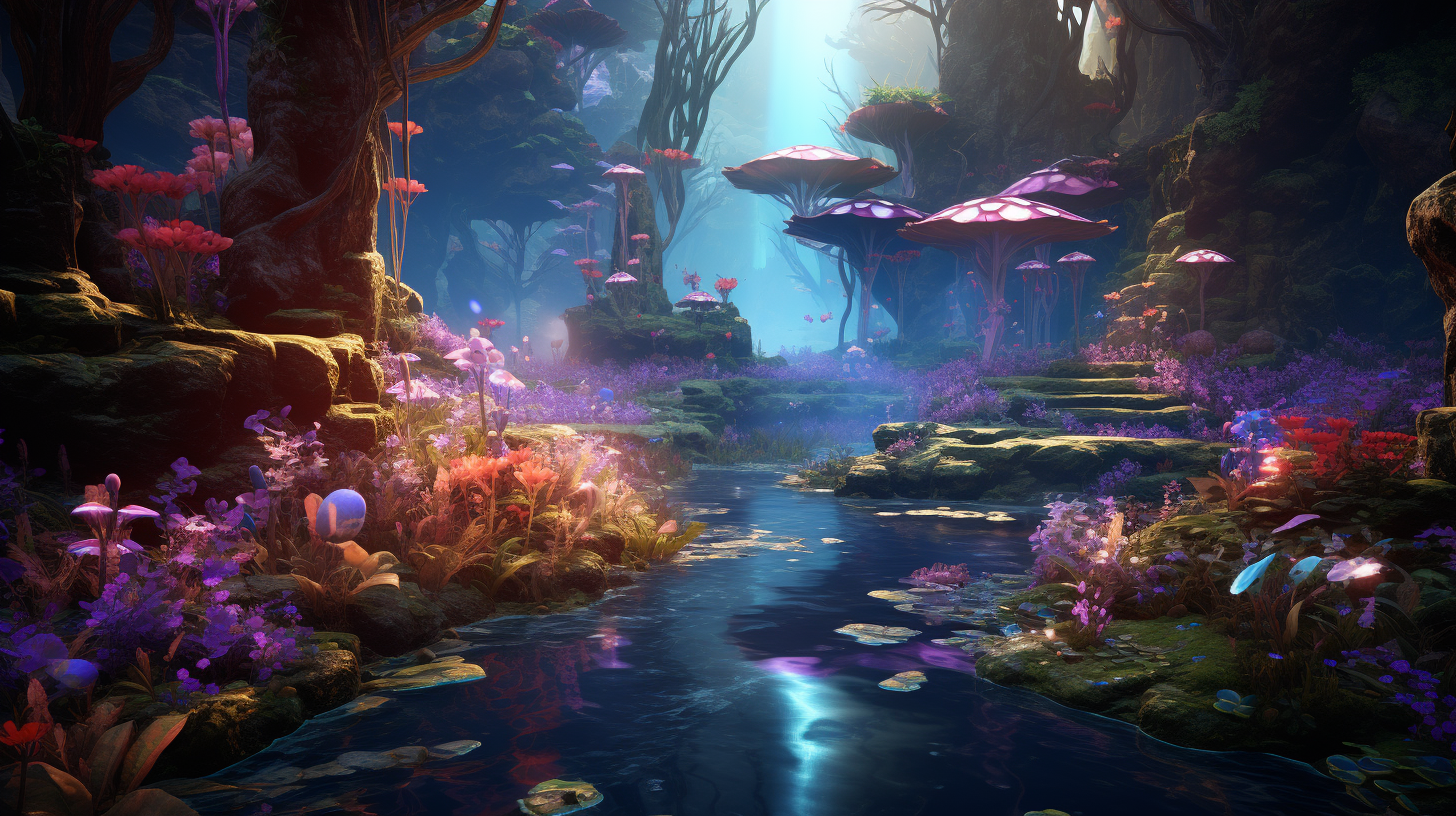The Resurgence of Virtual Reality: From Gaming to Therapy
Virtual reality (VR) isn't just about gaming anymore. From its early beginnings in the '80s to its monumental surge in the last few years, VR has transformed and found a place in therapeutic settings, leaving a mark that's impossible to ignore.
When we think of VR, most picture a gamer, headset in place, deeply engrossed in a fantastical world. But there's more to the story than meets the eye. This technological marvel has stretched its wings, reaching sectors like education, art, and more importantly, therapy.

The Evolution of Virtual Reality
Delving into the rich tapestry of VR's history, there have been numerous pivotal moments. From its early days as a science fiction concept to its tangible present-day applications, VR's journey is nothing short of spectacular.
Historical Milestones
From the Sensorama in the 1960s to the modern Oculus Rift, the landmarks in VR’s timeline have been groundbreaking.
From Obscurity to Mainstream
How did VR shake off its novelty tag to become a mainstream sensation? The answer lies in relentless innovation and public demand.

How Gaming Elevated Virtual Reality
Pioneering VR Games
Titles like "Beat Saber" and "Superhot VR" have been game-changers, proving VR's potential in the gaming world.
Immersion Like Never Before
The tactile feedback and 360-degree visuals have given gamers an unprecedented level of immersion.
VR Esports and the Competitive Scene
Who would've thought? VR esports leagues are now a reality, making gaming more intense and exciting.
Virtual Reality Beyond Gaming
VR in Education and Training
From classroom lessons to intricate surgical procedures, VR offers a unique learning experience.
VR in Art and Entertainment
Attend concerts or paint in 3D space – the possibilities are endless!
VR in Social Media Platforms
Platforms like Facebook Horizon are pushing the envelope, offering virtual meetups and experiences.
The Therapeutic Power of Virtual Reality
VR in Mental Health Treatment
Combatting anxiety, PTSD, and phobias through VR has shown promising results.
Rehabilitation through VR
Stroke victims and those with mobility issues have found hope and recovery through VR exercises.
Real-Life Examples and Case Studies
Stories of real people whose lives have been transformed through VR therapy.

How VR Is Blending Gaming and Therapy
Therapeutic Games Designed for VR
Games crafted specifically to address mental health issues while ensuring engagement and fun.
Patient Success Stories
Hear from those who've benefited from the unique blend of VR gaming and therapy.
The Science Behind VR Therapy
Cognitive Behavioral Therapy (CBT) and VR
How therapists are using VR to enhance traditional CBT techniques.
The Physiology of VR Experiences
Understanding the brain's response to VR and why it's effective in therapy.
Challenges and Concerns in Virtual Reality
VR Addiction and Over-Reliance
While VR offers many benefits, there's also a potential for misuse.
Potential Health Issues
Nausea, eye strain, and other health concerns associated with prolonged VR use.
Ethical Considerations in VR Therapy
Ensuring patients' well-being and privacy in the virtual realm.
The Future Outlook of Virtual Reality
Predictions for the Next Decade
From enhanced haptic feedback to brain-computer interfaces, the future looks bright.
Innovations on the Horizon
A sneak peek into the cutting-edge advancements we can expect in the coming years.
The incredible resurgence of virtual reality, from its dominance in gaming to its newfound place in therapy, showcases the limitless potential of technology. As we stand on the cusp of a new era, one thing is clear: the virtual realm will continue to shape our reality in ways we've yet to imagine.

FAQs
What led to the resurgence of virtual reality? The blend of technological advancements, increased affordability, and a wider application range, especially in therapy, has spearheaded this resurgence.
How does VR help in therapy? VR offers a controlled environment, enabling therapists to recreate scenarios beneficial for treatment, from overcoming phobias to rehabilitating movement.
Can VR replace traditional therapy methods? While VR enhances therapeutic methods, it's seen as a supplement, not a replacement, to traditional therapy.
Is it safe to use VR for extended periods? Prolonged VR use can lead to eye strain or nausea. It's recommended to take breaks and use it in moderation.
What's the future of VR in therapy? The potential is vast, from treating more mental health disorders to aiding physical rehabilitation with more advanced tech.
How does VR gaming differ from traditional gaming? VR gaming is more immersive, offering a 360-degree environment, making players feel like they're inside the game.